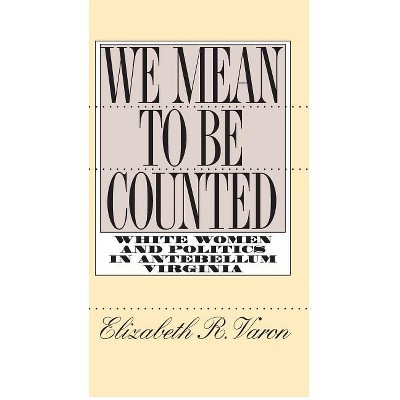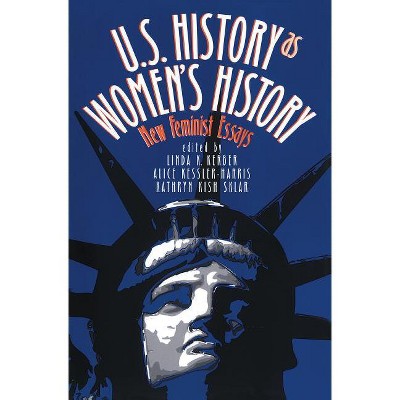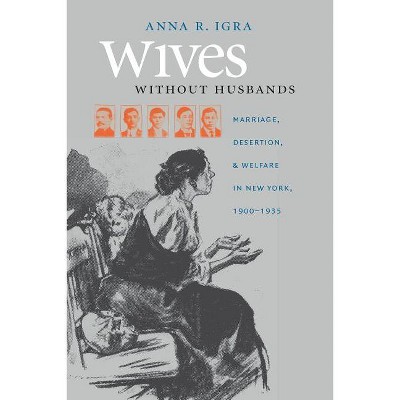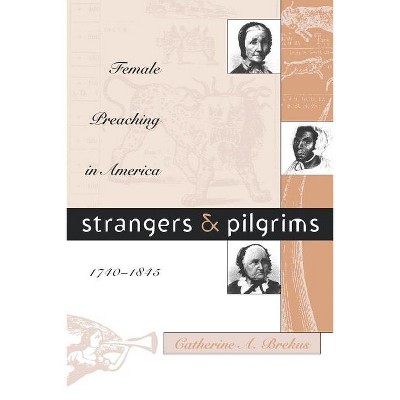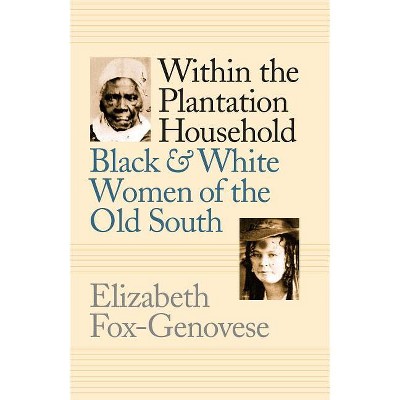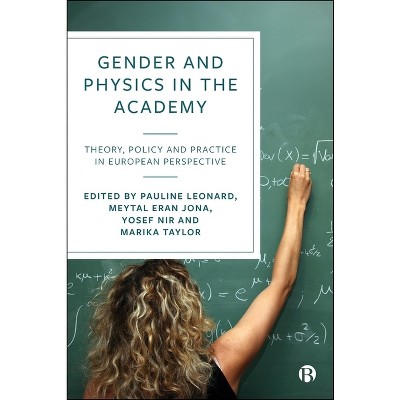Women Against the Good War - (Gender and American Culture) by Rachel Waltner Goossen (Paperback)

$47.50 when purchased online
Target Online store #3991
About this item
Highlights
- During World War II, more than 12,000 male conscientious objectors seeking alternatives to military service entered Civilian Public Service to do forestry, soil conservation, or other 'work of national importance.'
- About the Author: Rachel Waltner Goossen teaches history at Goshen College in Goshen, Indiana.
- 200 Pages
- Social Science, Women's Studies
- Series Name: Gender and American Culture
Description
About the Book
Women Against the Good War: Conscientious Objection and Gender on the American Home Front, 1941-1947Book Synopsis
During World War II, more than 12,000 male conscientious objectors seeking alternatives to military service entered Civilian Public Service to do forestry, soil conservation, or other 'work of national importance.' But this government-sponsored, church-supported program also attracted some 2,000 women -- most of whom were part of Mennonite, Amish, Brethren, or Quaker families with deeply held antiwar beliefs -- to 151 alternative service locations across the country. Rachel Waltner Goossen tells the story of these women against the 'good war, ' women who identified themselves as conscientious objectors. Despite cultural hostility and discriminatory federal policies, they sought to demonstrate their humanitarian convictions by taking part in Civilian Public Service work. Based on little-known archival sources as well as oral history interviews and questionnaire responses, Goossen's study reveals the extent to which these women's religious and philosophical beliefs placed them on the margins of American society. Encouraged by religious traditions that prized nonconformity, these women made unusual choices, questioned government dictums, and defied societal expectations, all of which set them apart from the millions of Americans who supported the war effort.From the Back Cover
During World War II, more than 12,000 male conscientious objectors seeking alternatives to military service entered Civilian Public Service to do forestry, soil conservation, or other "work of national importance". But this government-sponsored, church-supported program also attracted some 2,000 women - most of whom were part of Mennonite, Amish, Brethren, or Quaker families with deeply held antiwar beliefsto 151 alternative service locations across the country. Rachel Waltner Goossen tells the story of these women against the "good war", women who identified themselves as conscientious objectors. Despite cultural hostility and discriminatory federal policies, they sought to demonstrate their humanitarian convictions by taking part in Civilian Public Service work. Based on little-known archival sources as well as oral history interviews and questionnaire responses, Goossen's study reveals the extent to which these women's religious and philosophical beliefs placed them on the margins of American society. Encouraged by religious traditions that prized nonconformity, these women made unusual choices, questioned government dictums, and defied societal expectations; all of which set them apart from the millions of Americans who supported the war effort.About the Author
Rachel Waltner Goossen teaches history at Goshen College in Goshen, Indiana.Dimensions (Overall): 9.26 Inches (H) x 6.12 Inches (W) x .52 Inches (D)
Weight: .73 Pounds
Suggested Age: 22 Years and Up
Number of Pages: 200
Genre: Social Science
Sub-Genre: Women's Studies
Series Title: Gender and American Culture
Publisher: University of North Carolina Press
Format: Paperback
Author: Rachel Waltner Goossen
Language: English
Street Date: November 17, 1997
TCIN: 94586889
UPC: 9780807846728
Item Number (DPCI): 247-40-8776
Origin: Made in the USA or Imported
Shipping details
Estimated ship dimensions: 0.52 inches length x 6.12 inches width x 9.26 inches height
Estimated ship weight: 0.73 pounds
We regret that this item cannot be shipped to PO Boxes.
This item cannot be shipped to the following locations: American Samoa (see also separate entry under AS), Guam (see also separate entry under GU), Northern Mariana Islands, Puerto Rico (see also separate entry under PR), United States Minor Outlying Islands, Virgin Islands, U.S., APO/FPO
Return details
This item can be returned to any Target store or Target.com.
This item must be returned within 90 days of the date it was purchased in store, shipped, delivered by a Shipt shopper, or made ready for pickup.
See the return policy for complete information.






